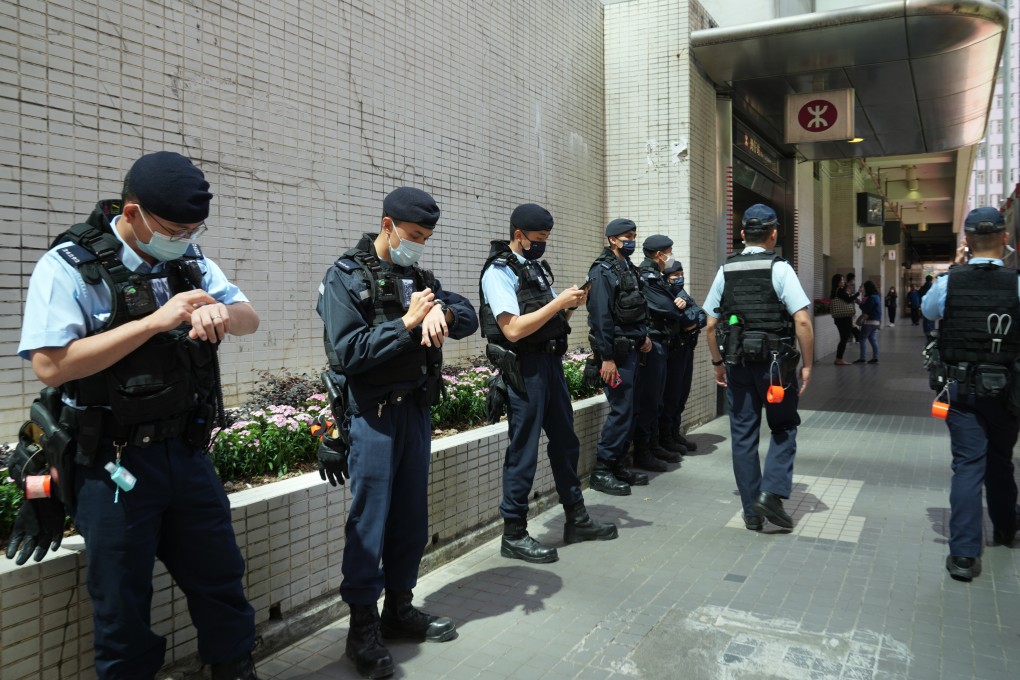Opinion | If Hong Kong is truly back to normal, it should be able to host peaceful rallies
- A judgment in December overturning the conviction of an activist highlighted the Hong Kong authorities’ duty to facilitate peaceful assemblies
- Police action during recent protests in France shows how this can be done even when the threat of violence is present

The cancellation is unfortunate as it further delays a return to the normal functioning of civil society in Hong Kong.
After several turbulent years, Hongkongers need to see that their right to peaceful assembly continues to be exercised. They also need to be confident that the government and the police not only allow such demonstrations, but also take their positive duties to facilitate peaceful assemblies seriously.
Article 27 of the Basic Law declares that “Hong Kong residents shall have freedom of speech, of the press and of publication; freedom of association, of assembly, of procession and of demonstration”. The duties of the authorities to facilitate the exercise of rights of protest are laid out in the Public Order Ordinance.
The conviction against Chow for inciting others to take part in an unauthorised assembly was dismissed because the legality of the police ban on the demonstration was “not established” and that the police failed to “exercise their responsibility to allow and facilitate public assemblies wherever feasible, as stated in the Public Order Ordinance”.
